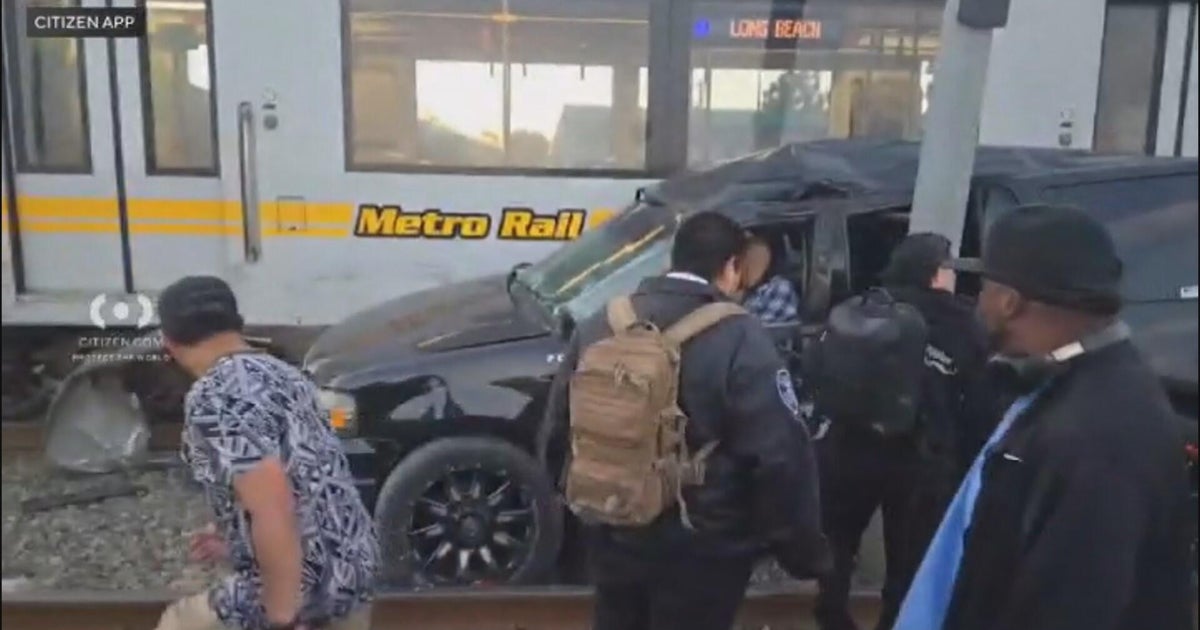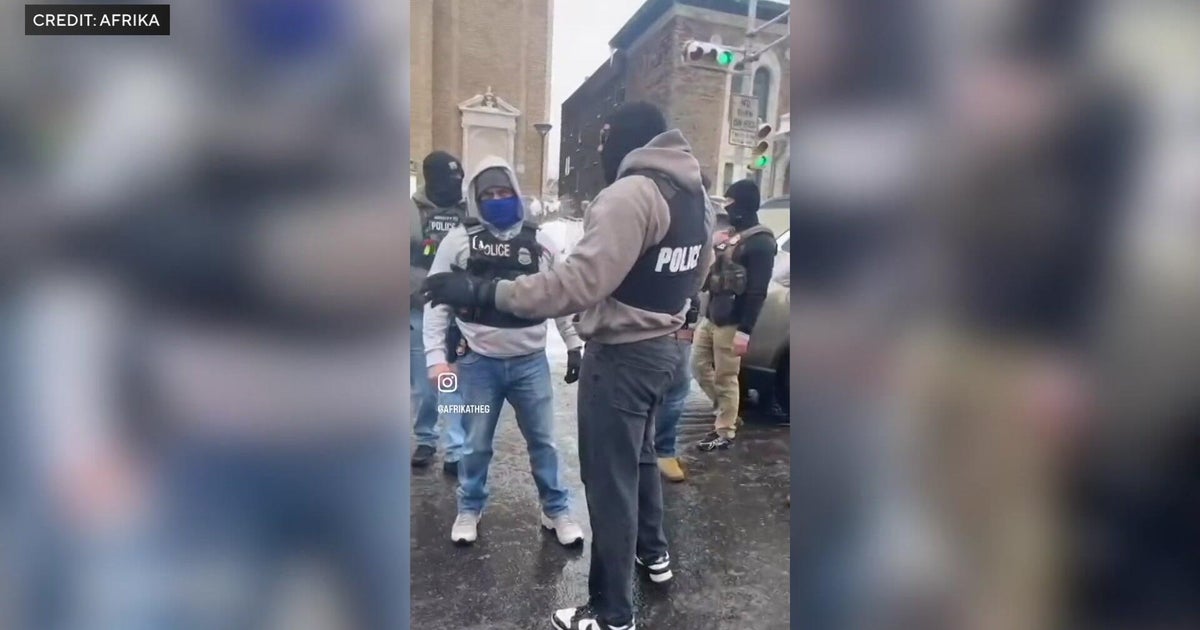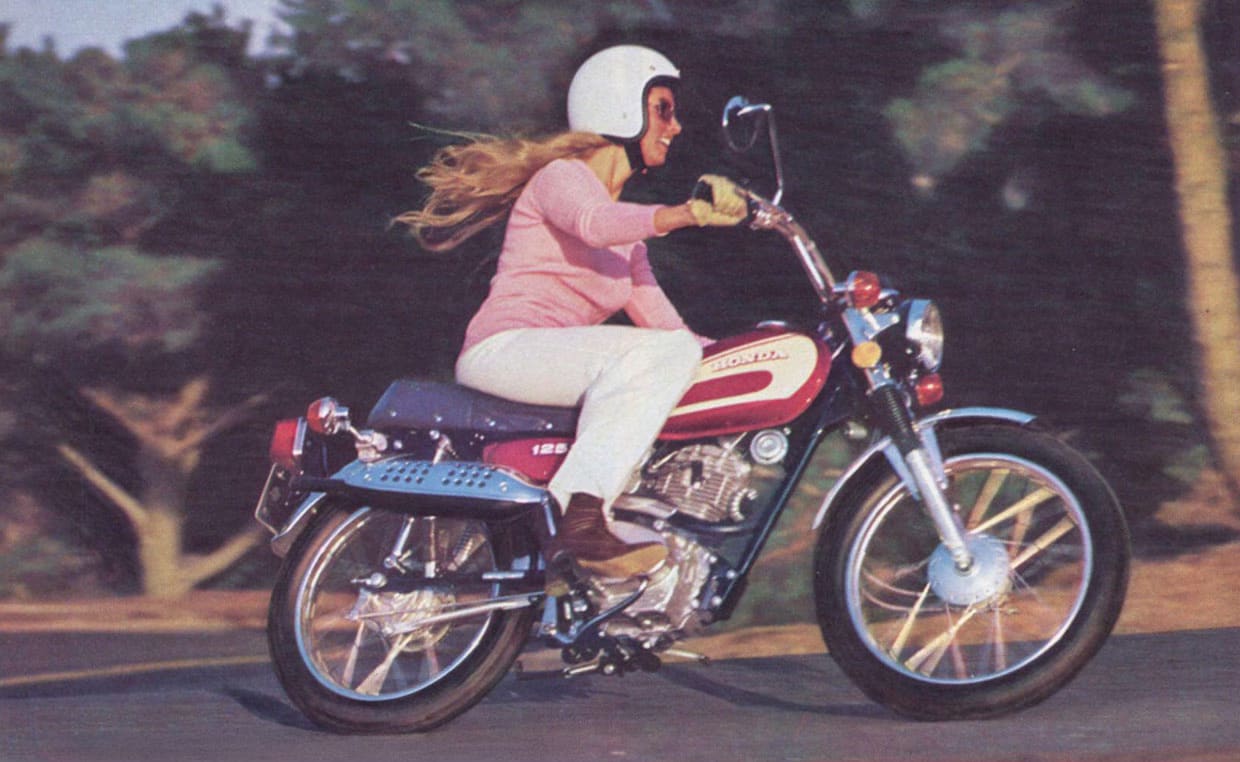Another Memorial Day, and more motorcycle deaths
Michael "Mitch" Neary Jr. was speeding down a Trenton, New Jersey, street in early May when a car turned in front of him at a traffic light. His Harley-Davidson slammed into the driver's door with a "horrific impact," according to a news story, leaving parts of his bike strewn across the street. Neary died from his head injuries; the car sustained a dent.
It's a terrible tragedy for his family and friends, but only a prelude to what will likely come this Memorial Day weekend. Mitch is now another grim statistic in a year when motorcyclists will witness an appalling toll of casualties.
May is "Motorcycle Awareness Month," the time when anyone whose wheels have handlebars and an engine is going to get his or her motor running and get out on the highway.
"In most states, riders are taking to the roads in large numbers," said spokesperson Peter terHorst of the American Motorcyclist Association (AMA). But awareness is dual-sided. The AMA wants motorists to know that bikers like Neary are now out in full force -- and to respect them. His death is exactly like more than a third of all motorcycle fatalities: He tangled with a car at an intersection.
Perhaps the driver could have checked his side mirror before making the turn and seen Neary, but published reports said Neary was "apparently speeding," which puts some of the blame on him. So "Awareness Month" should also serve as a warning to bikers. They're taking a much bigger risk than those driving a car.
Especially this weekend. The American Automobile Association (AAA) predicts that travel during this holiday will at its highest level since 2005 with 39 million people on the move -- most of them on the road.
And a lot has changed since 2005. Distracted driving caused by cellphone talk and texting. "Selfies." Devices inside your car that take your attention away from the road and negate many of the additional safety features carmakers have installed. Auto deaths have been steadily increasing in recent years, with 40,200 in 2016 and even more likely to die this year.
Since the Memorial Day holiday is a three-day weekend and ushers in the start of summer, it's the worst time of year for auto accidents. It could leave at least 400 people dead on the highways – about 22 percent, or 88 of them, motorcyclists.
An Insurance Institute for Highway Safety (IIHS) study recently found that mini-car and small ones like the Hyundai Accent had the highest rate of death in traffic accidents. But even the most unsafe cars wrap a framework around the occupants and provide seatbelts and headrests. On the other hand, motorcyclists have no real protection and, in 31 states, they're not even required to wear a helmet.
According to the IIHS, the number of motorcycle deaths per miles traveled was more than 27 times that of automobiles. Motorcycle fatalities appear to be growing, up 8.3 percent from 2014 to 2015, the most recent year the Insurance Information Institute (III) kept this data, while car deaths rose slightly more than 6 percent in 2016. The III also said motorcycle deaths doubled from 2009 to 2015.
If bikers are going to ride -- and they will -- here are some obvious precautions to take:
- Wear a helmet, especially when on an interstate. In 2015, 40 percent of motorcyclists weren't wearing one when they died. The European standard for helmets is better than that of the U.S., and never buy a used helmet or one that has been on the shelf too long.
- Protect your core with "body armor," recommends the National Law Review. Boots and gloves should also be a necessity.
- Don't drink and ride. Reflexes are critical on a bike, and you don't want anything to dull them. Almost half of all fatal bike accidents involved alcohol.
- Remember that age reduces reaction time. Fatalities among those 40 and older have increased by 39 percent in recent years, according to the National Highway Traffic Safety Administration.
- Use fairings (a shell in front of and around the side of the driver) and have a windshield.
- Be visible and distinctive by wearing bright, protective clothing even though some bikers think this makes you look clownish. Ride together in a pack so drivers notice you. Noisy bikes like Harleys may annoy neighbors, but they'll make car drivers notice you when they're changing lanes.
Many motorcyclists don't actually buy into all the insurance statistics. "Organizations like the IIHS [are] historically anti-motorcycle," said the AMA's terHorst. "But rarely will you find a call for more rider education or more funds for driver-awareness programs."



